Below is a guide to the skills your baby may show as they grow up. However, all babies are different, so don’t worry if yours is moving faster or slower than this. If you have any concerns, talk to your health visitor, family nurse or GP – they’ll be happy to help.
Jump to a section in this article
What social skills should I expect to see from my 0-3 month old?
At this age you can expect to see your baby:
- accepting physical contact
- showing recognition of you and any main carer
- responding to you singing
- responding to voices that were familiar before they were born
- making eye contact with you when your face is at the right distance
- smiling and making noises to get your attention
- responding to your smiles and voice
- being able to take part in an interactive ‘conversation’
- lifting their head to look at their environment
- being comforted by close body contact and a soothing voice
- voicing their needs.
What social skills should I expect to see from my 3-6 month old?
At this age your baby should:
- express displeasure with certain actions, such as having their face wiped, or at some sounds
- have even more animated interactions and conversations with you
- show interest in your face by pulling your hair or touching your nose
- giggle
- enjoy interactive physical play like being bounced while talking with you.
What social skills should I expect to see from my 6-9 month old?
At this stage you should see your baby:
- crawling towards you (once they can crawl)
- putting their hands up to be picked up
- enjoying interactive games with you, like peek-a-boo, ‘round and round the garden’ and ‘row, row your boat’
- look worried or cry if an unfamiliar person comes close.
What social skills should I expect to see from my 9-12 month old?
At this age you should expect to see your baby:
- initiating an action to see what you do, for example, dropping an object for you pick up (they like to do this hundreds of times to see if it always happens!)
- repeating sounds and actions when adults laugh at them, and looking for your reaction
- holding out toys, biscuits or other objects for an adult to take, or they may give them to you on request
- asking you to play a favourite game, such as make a circle on their hand to play ‘round and round the garden’
- showing affection to familiar people, for example by giving hugs, pats and kisses.
 Activities & Play
Activities & Play Behaviour
Behaviour Childcare
Childcare Development & Growing Up
Development & Growing Up Family, Friends & Relationships
Family, Friends & Relationships Feeding Your Baby
Feeding Your Baby Food & Eating
Food & Eating Health & Safety
Health & Safety Mental Health & Wellbeing
Mental Health & Wellbeing Money & Work
Money & Work Online Behaviour & Safety
Online Behaviour & Safety Pregnancy & First Days
Pregnancy & First Days School & Education
School & Education Sleep
Sleep

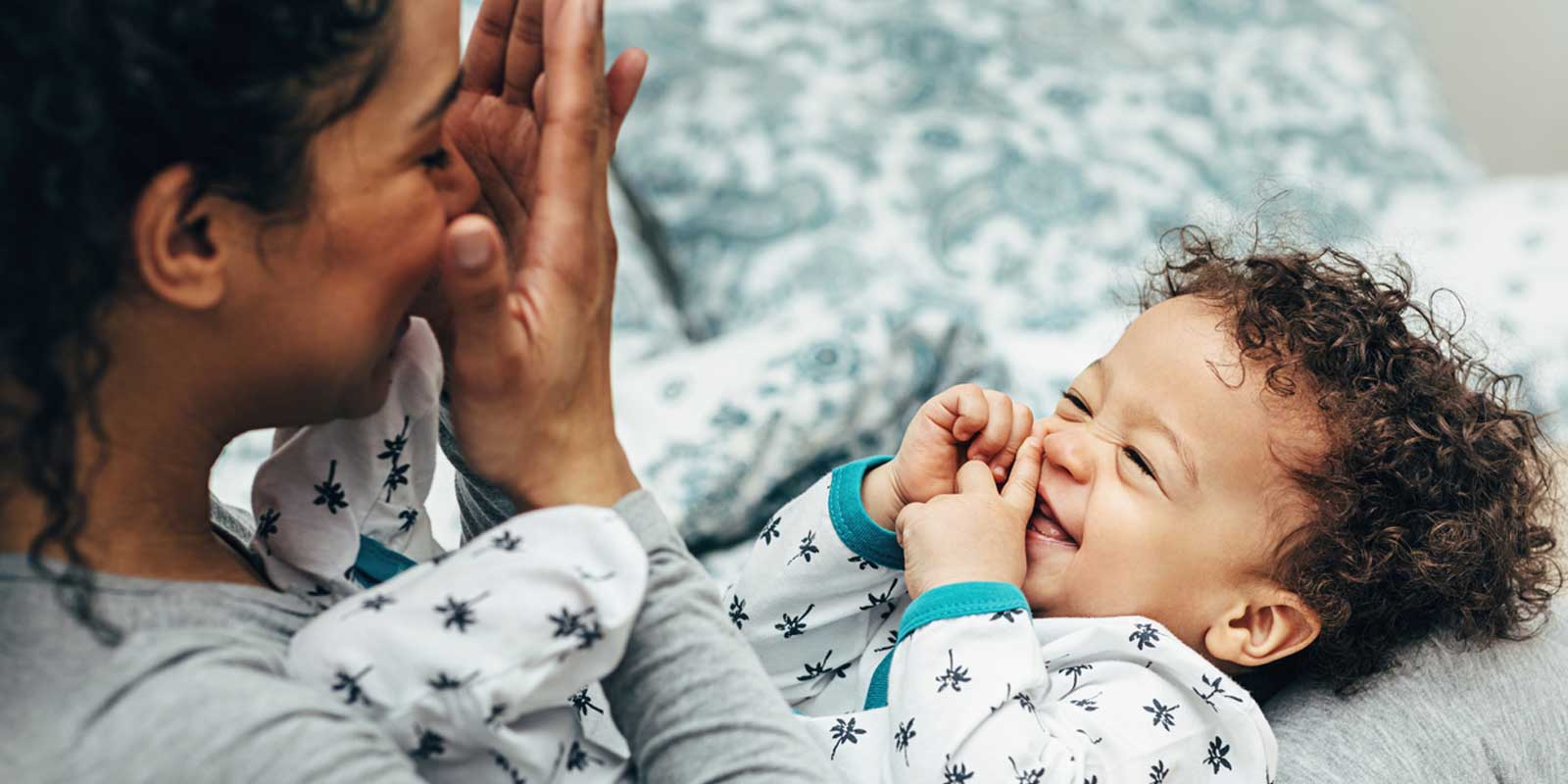
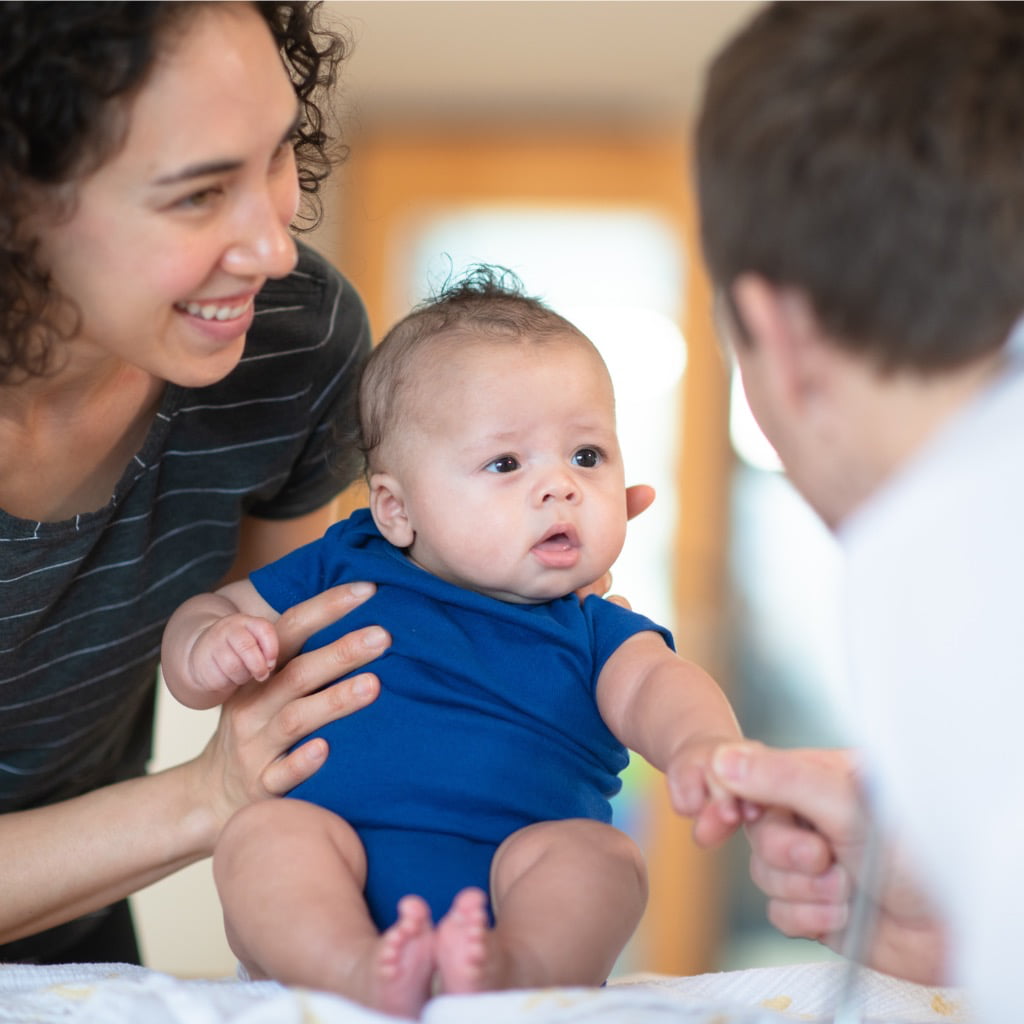
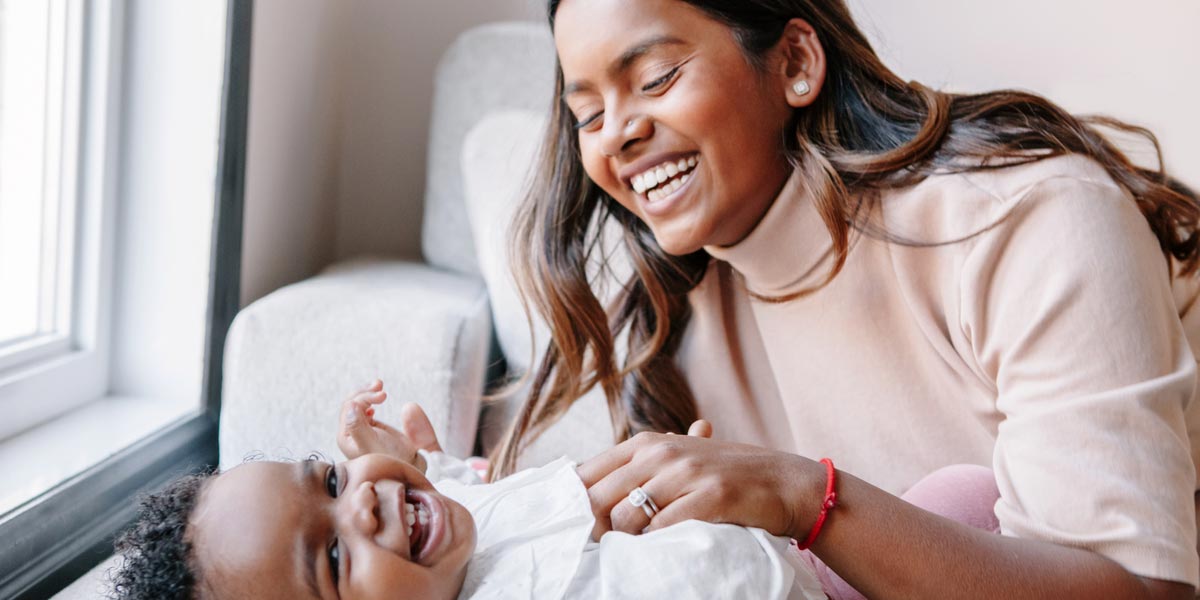
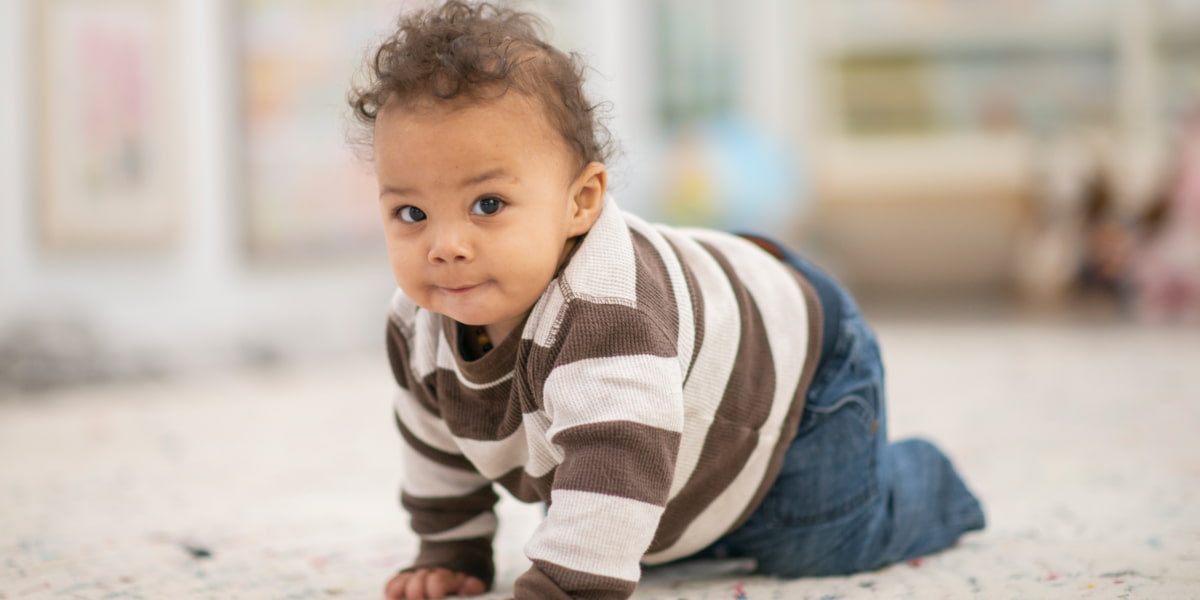
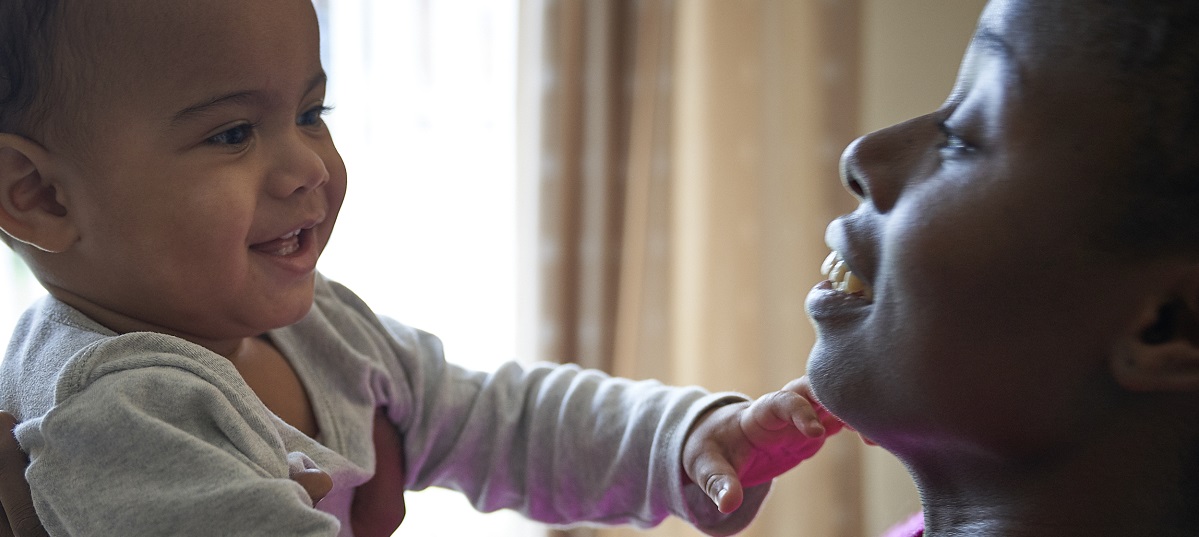
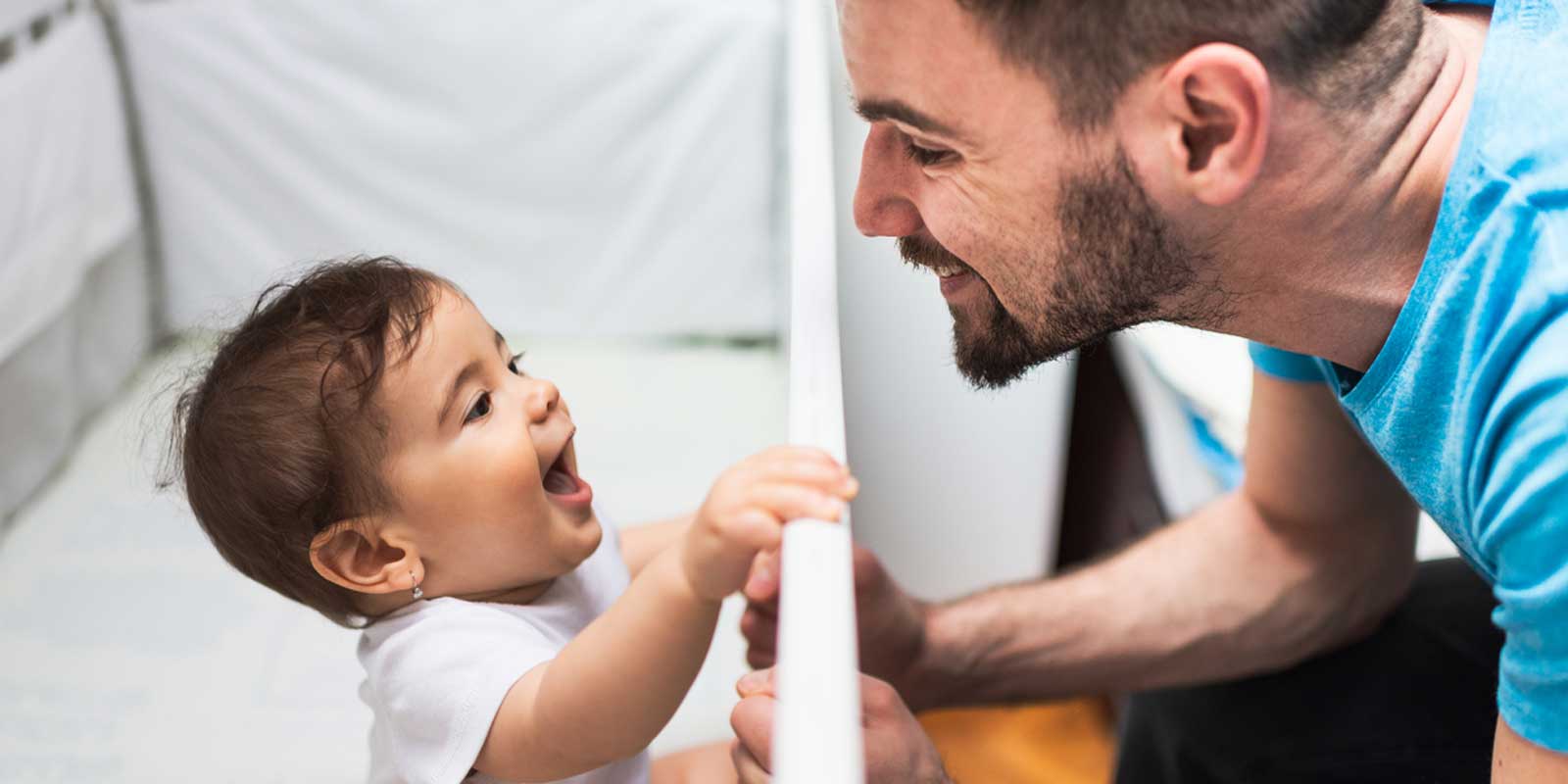
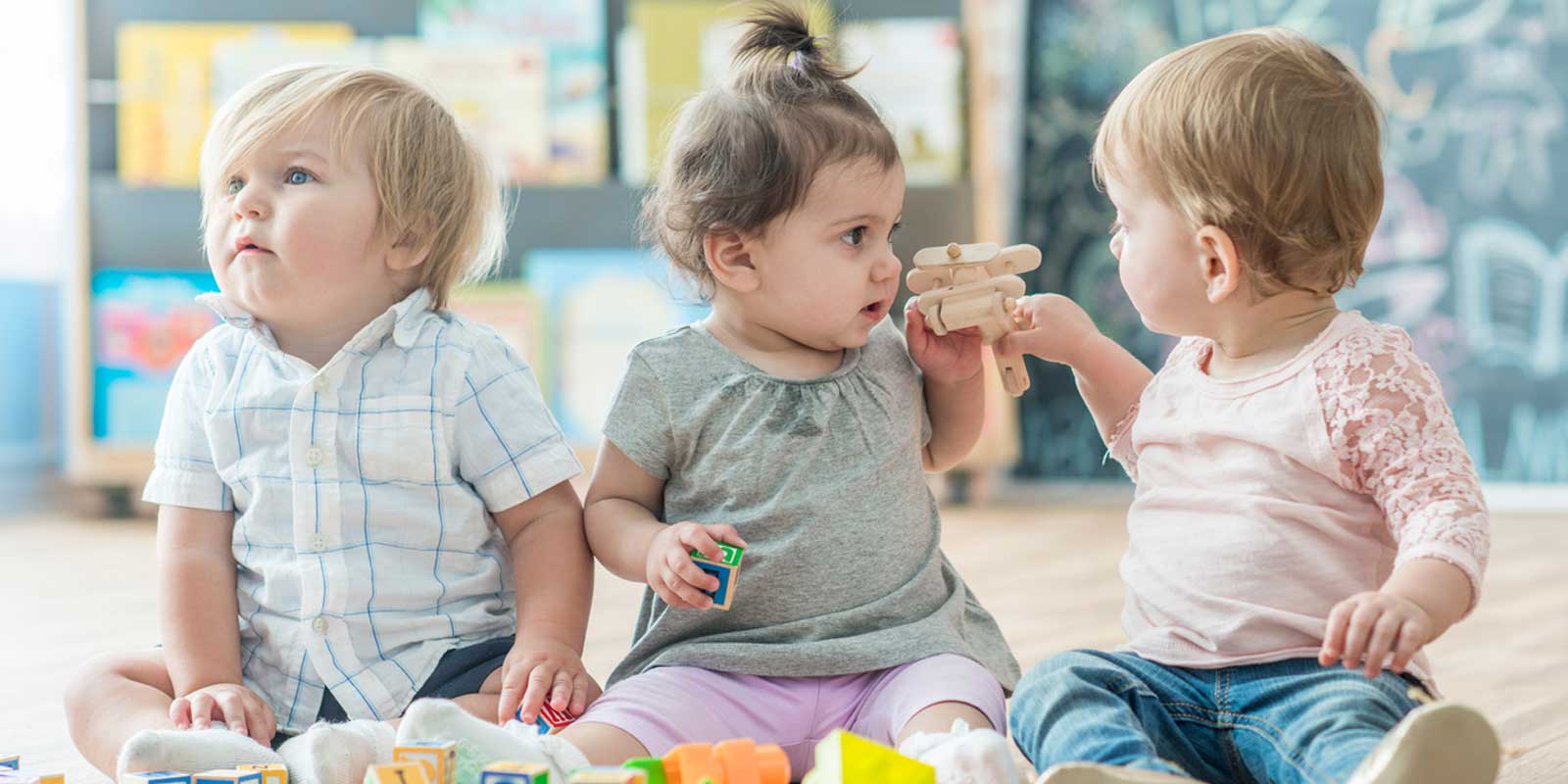
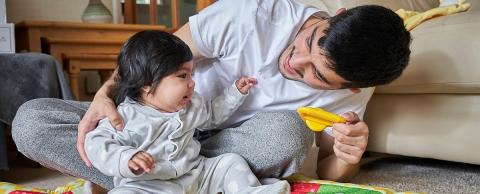
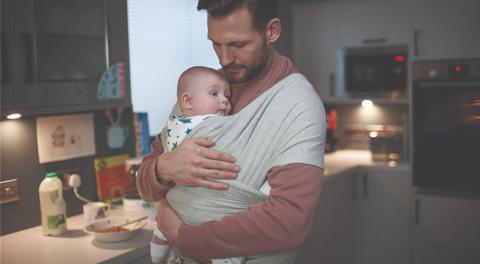
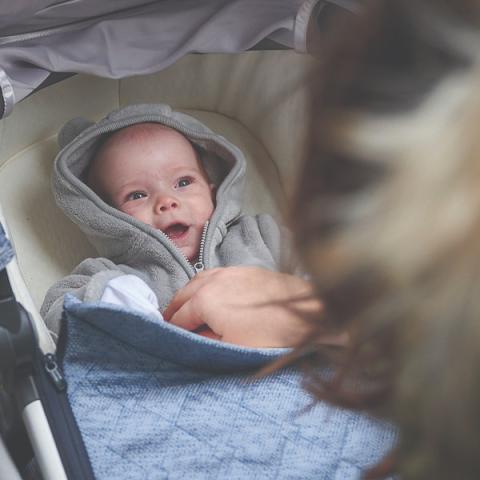
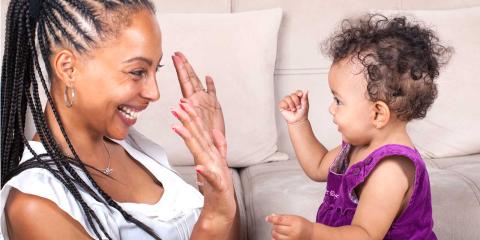
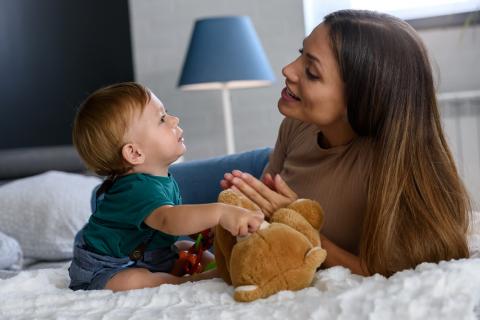
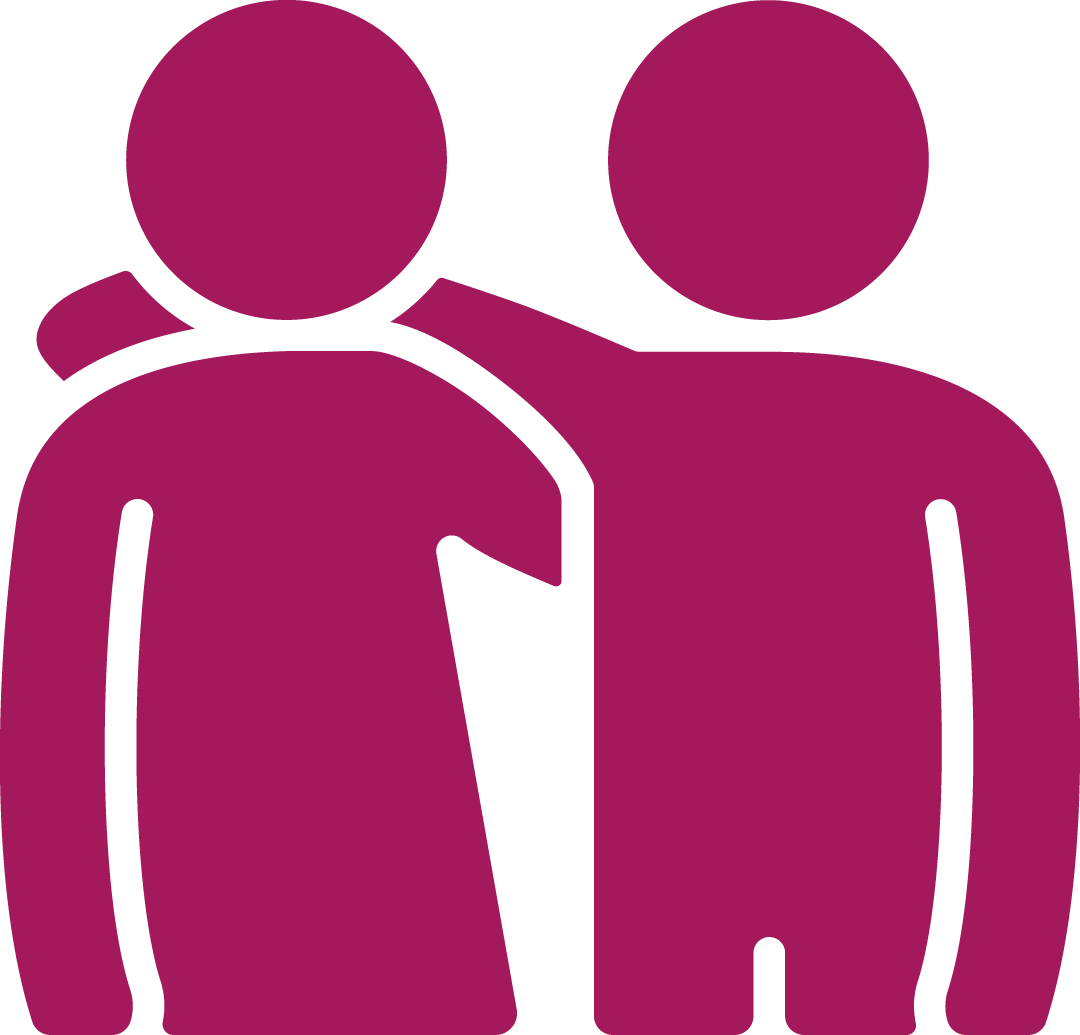 Family, Friends & Relationships
Family, Friends & Relationships
 Mental Health & Wellbeing
Mental Health & Wellbeing